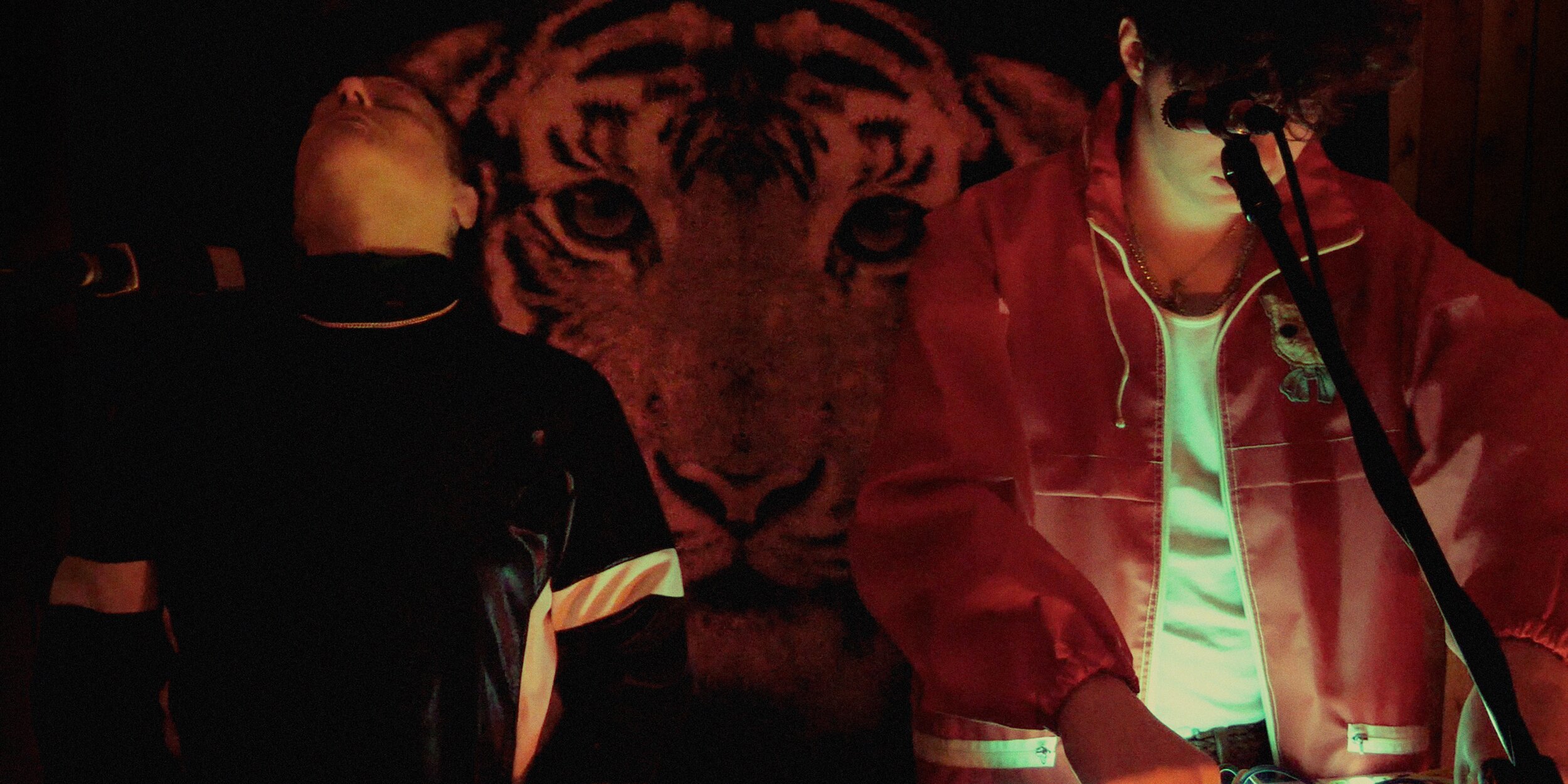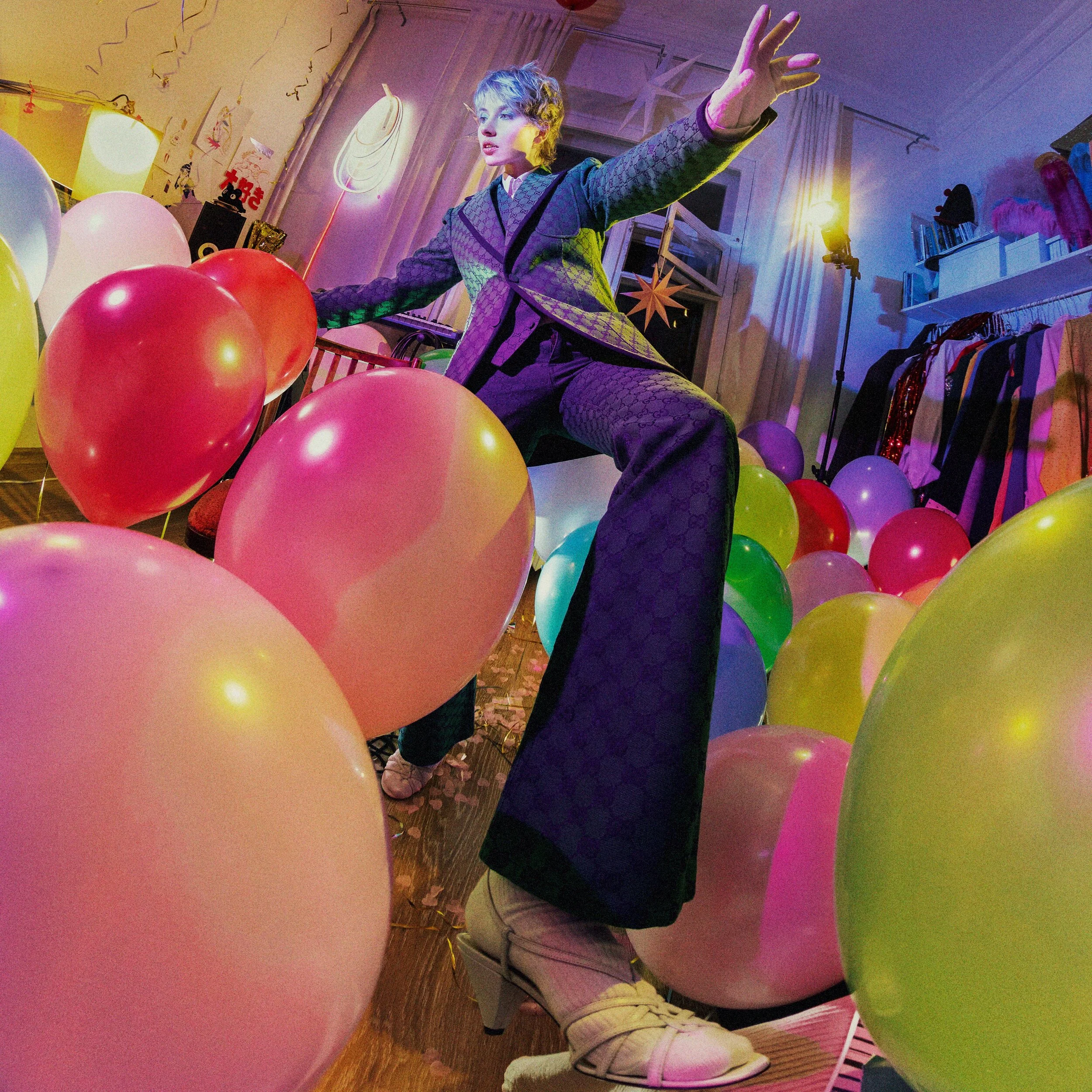Deba Hekmat.
Born in Kurdistan, activist and model Deba Hekmat fled her hometown of Sardasht at the age of four with her mother. ‘Sardasht was bombed in the late Seventies by Iraqi forces during the Iran-Iraq war. The bombings left the city empty and without recourses. My parents didn’t want to raise a family with no access to good education, safe housing and, in general, safety. They couldn’t guarantee their family safety as Kurdish people living in Iran, so that’s why they decided to come here, to have a better shot at life.’
And so, on 4.4.2004, Deba began her new venture to London. But as is the case with many refugees, there is an abundance of tribulations that come with having to uproot your existence, with next to no emotional support or understanding from your new peers. ‘I hated moving! All I knew was rural Kurdistan. So when I came here I think I was just confused with the layout and the people. My mum says that every time I saw a plane in the sky, for about a year after we came here, I would ask if we could get on the same plane to go home and see my grandma.’
After a while, Deba came to terms with her new South London set-up, finally feeling somewhat at home and comfortable within herself. That was until the news broke, at the age of 12, that her parents were moving her to Wales. ’I developed a lot of anxiety,’ she confesses. ‘I was safe in South [London] and I had to leave that again. Wales was a lot more difficult, I would say. In London I just lived without thinking too much of secondary opinions. But the kids in my Cardiff school always had something to say, whether it was about my body hair or my size. Cardiff made me, for sure. If I hadn’t endured all of that I don’t think I’d have the balls now, if I’m honest.’ How did she feel when the subject of moving to Wales was first broached? ‘I remember my mum telling me and me just being extremely confused. I never understood it. But then again, I had no voice growing up in my household. Whatever I said really did not matter; it was my dad’s way or no way.’
Before moving to Cardiff, initially Deba had not been allowed to pluck or shave her body hair, prompting ridicule from other school children. After her dad finally conceded, she hoped that this prove a clean slate, ending the taunting that she had been subjected to. However, she says, it didn’t help, ‘because when my new school saw a sliver on my arms, I got branded “Chewbacca”. Soon after plucking, my eyebrows would grow back, and even if I left them for a day it was made sure that I was aware of what my own body looked like.’ She remembers the other cruel names that she was stamped with. ‘I got called Hagrid and McDonalds eyebrows every single day of school. It’s always been ingrained into me what people, specifically school kids, see when they see someone like me. It’s sad but its also what pushes me to be hair-positive today. Women, specifically South Asian and Middle Eastern women, get branded as dirty, musty and terrorists when we have hair, while our white counterparts will receive praise for being brave and different. I want to change that narrative, I want people to look at me and my peers and see genuine beauty too.’
When I ask whether she has ever felt disconnected from her UK-based friends, she admits that she did when she was younger. ‘No one understood how deep my culture was and it was just awkward explaining some things to people who will never truly understand what I go through. That all changed when my parents split up, though. My mother and I were freed from strict living.’
When reflecting on the beginning of her modelling career, Deba remembers how her fractured relationship with her father and his side of the family affected the jobs she would accept. ‘I started modelling on the side – my dad didn’t really know for some time and when he did, he really hated it. I wasn’t allowed to go to certain jobs and castings and I’d make some lie up to my agents because I didn’t want them knowing that I had a bad relationship with my dad. His family hated it too, I got a lot of threats from his side of the family saying I shouldn’t be dragging down the family name. It’s safe to say that I did not turn out how they all wanted. I have developed a voice and my own beliefs, and unfortunately an independent woman is not desired within my family.’
While many shy away from discussing certain certain topics on social media, fearful that they may disrupt their flawless feeds and budding brand partnerships, Deba inexorably uses her platform to spotlight issues such as female genital mutilation, equality and the promotion of female body hair. ‘We have been made to believe that we must make ourselves “attractive” for the eyes of men, and it doesn’t make sense because it’s literally not their body.’ She continues, ‘If the stigma around body hair being gross, less feminine and unhygienic didn’t exist, I don’t think we’d all be shaving as much. We have been made to feel as though dark coarse body hair is not feminine because it’s not what straight, white men find attractive. I physically cannot change my hairs to be finer, lighter and less visible, but it’s what men want. And they can honestly go to hell with it.’










